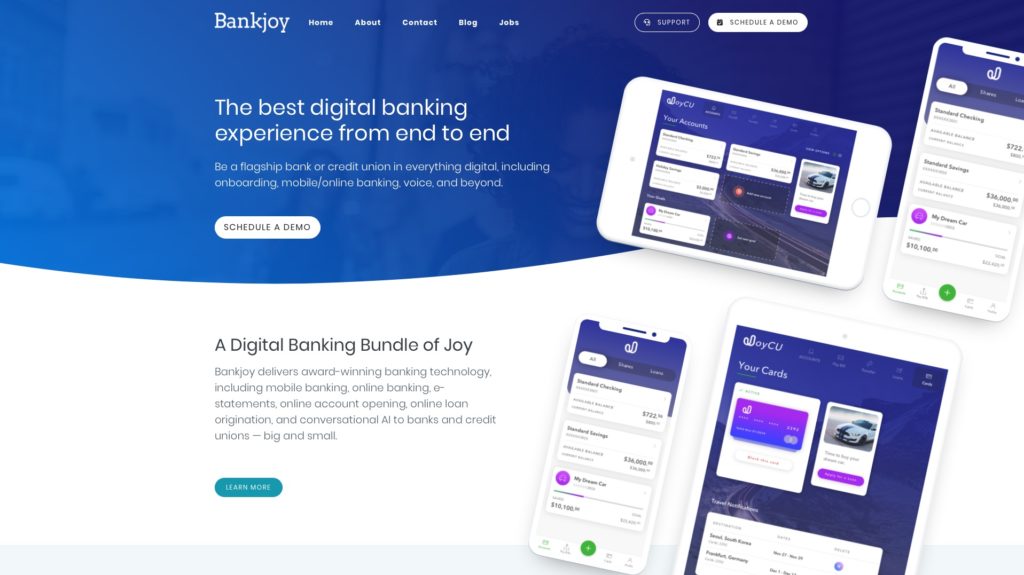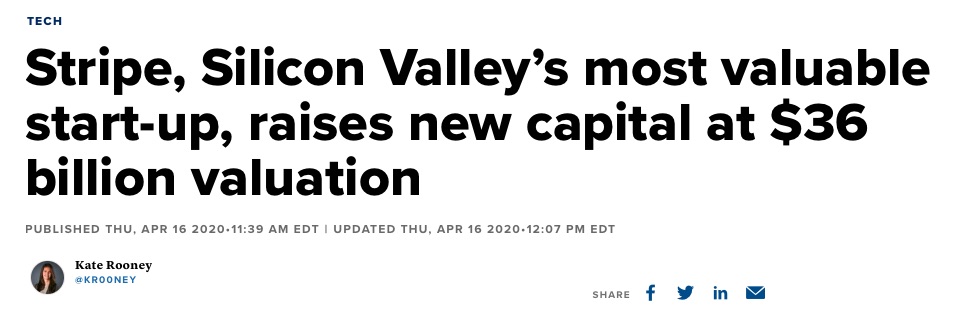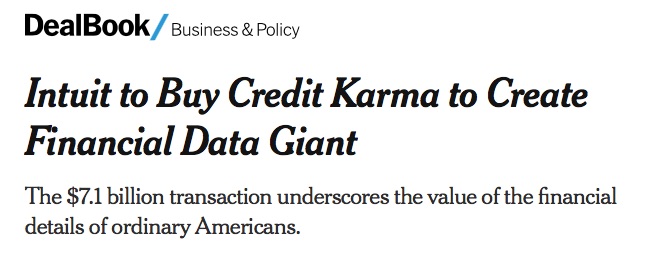
Last week we held Finovate’s first-ever fully digital event. And while the networking hall looked a little different this year, the quality of the discussions remained the same.
The event took place over the course of five days and focused on key trends within the fintech industry, including AI, lending, blockchain, and regtech. One overarching theme– COVID-19 and the shadow it casts over the entire industry– pulsed throughout each discussion.
Given this global turn of events, there is a lot to talk about in financial services. And while some of the themes appear to be the same as last year (customer experience, for example), we now have an entirely new way of looking at things.
With that in mind, below is my take on the top themes at FinovateAsia last week:
Digitization
COVID-19 has brought with it the need for many companies to move online. The financial services sector is no exception. Many discussions examined the do-or-die need for banks and fintechs to digitize their operations as much as possible.
The takeaway
Digitization is no longer an option. And in order to attract new customers, firms must not only fully digitize the user experience; they must humanize it.
New opportunities
New challenges always bring new opportunities, and the coronavirus is no exception. Many discussions at the event agreed that there will be clear winners and losers that result after this crisis.
The takeaway
Those who continue on with “business as usual” will not only lose customers, but will also miss out on potential new areas of expansion that will result from the public health crisis and economic downturn.
Customer centricity looks different but is still core
Last year everyone was talking about focusing on the customer experience. And while discussions are quite different this year, many speakers brought up the need for customer centricity. They pointed out that shifting the focus to the customer will help preserve the client relationship, which is always cheaper than acquiring new ones.
The takeaway
Even if you were previously an expert on customer centricity, it’s time to re-think your strategy. It’s more crucial than ever for banks and fintechs to meet clients’ needs, and much of that revolves around offering a digital-first approach.
One continent, many differences
One topic that arose multiple times throughout the conference was a reminder of diversity within the Asian continent. Not only does each country offer varying challenges and opportunities, but also regions within each country are equally diverse. Many of these differences are not only due to culture, but are also the result of governmental intervention and regulations.
The takeaway
Though it may be challenging to conduct business across borders because of the difficulty in dealing with a myriad of regulatory hurdles, each region offers a different opportunity.
Regardless of what the biggest trends of FinovateAsia were, one thing remained clear: there is work to be done.
Photo by Jordan Graff on Unsplash







































